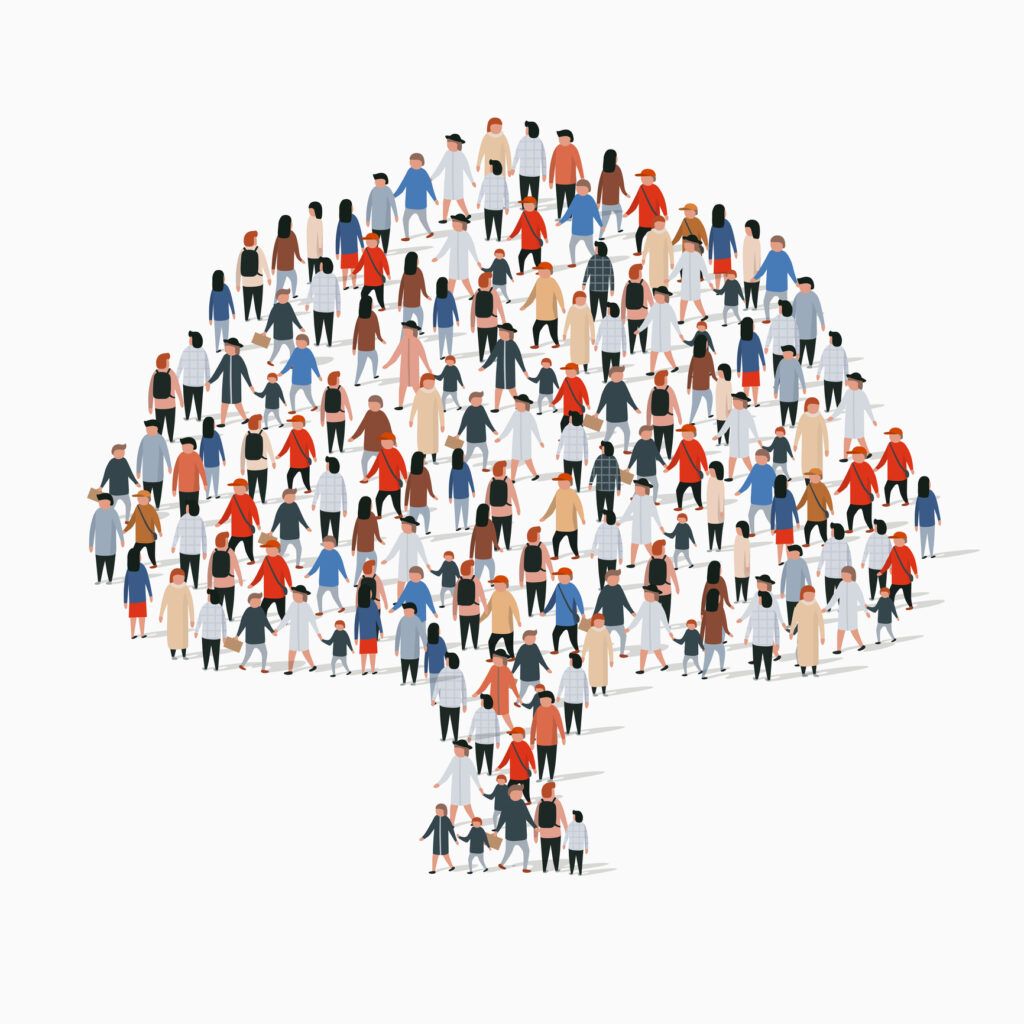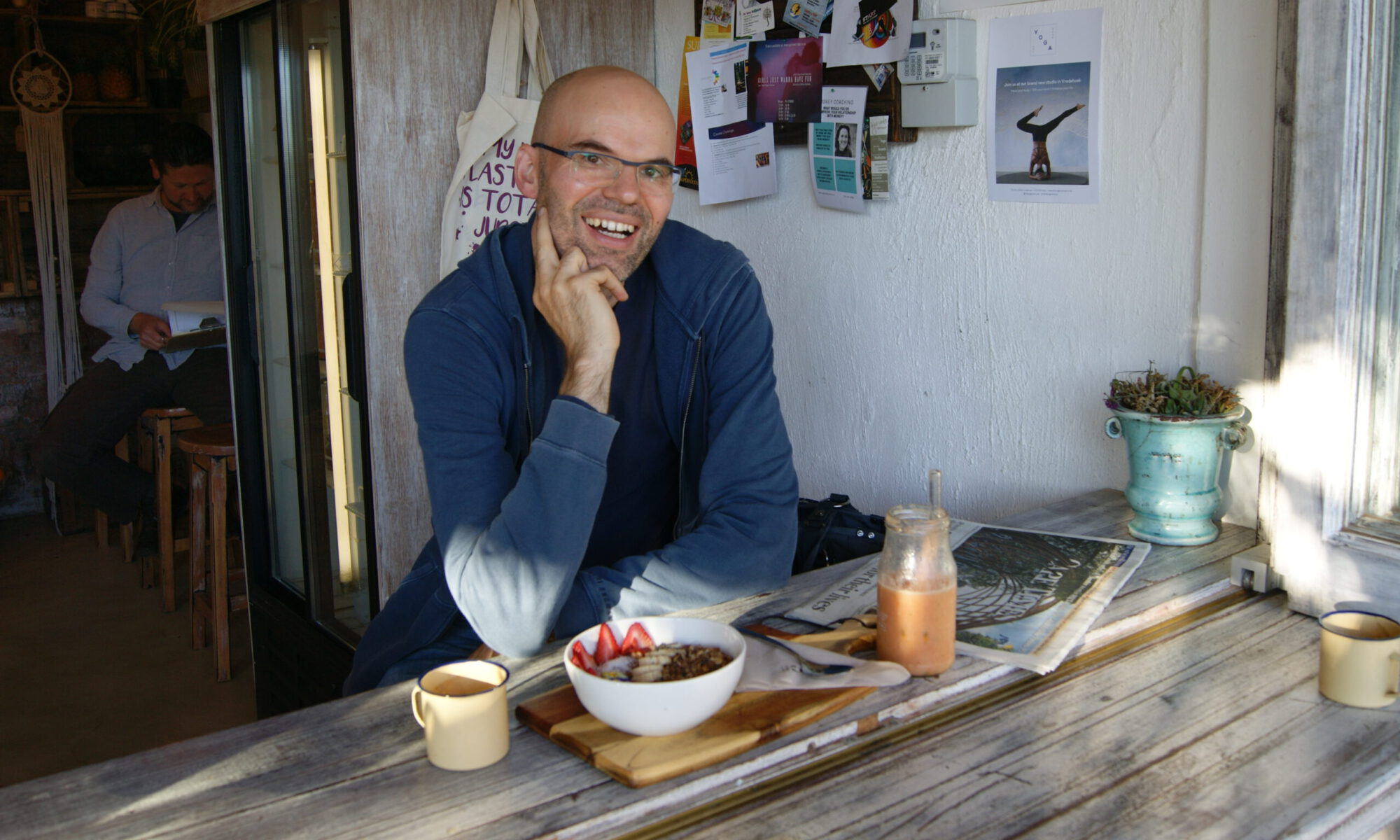
After I have illuminated the first discipline/subject with psychology last month, today it is about the introduction to sociology. In sociology, the focus is not on the individual, but on the group.
What do I find so interesting about sociology?
I’m interested in how human coexistence works. And when it works particularly well.
I’m fascinated by countries and regions that are at the top of the individual satisfaction scale and whose inhabitants feel particularly strongly about living together well.
The same goes for associations, companies and organizations in which people seem particularly satisfied. In most cases, you can sense in the first few minutes of a visit to a restaurant or store whether people like working here, and that radiates to visitors and customers.
I also find the differences between generations exciting, how they have been shaped by collective experiences.
What are important basic insights of sociology for me?
People are capable of cooperation. Together, we are stronger and can usually better satisfy our (individual) needs. Human collaboration (cooperation) is correspondingly pronounced, if we think, for example, of our everyday life based on the division of labor.
Cooperation works particularly well when everyone involved benefits from it. Successful cooperation is based on good institutions. In a narrower sense, this means basic rules 1 and norms such as human rights, language, means of currency, …. 2 Institutions derived from these are e.g. laws and contracts.
Culture is a group property (not an individual phenomenon) that develops from common experiences (teams, family, regions…) and is thus the product of social learning. 3
Accordingly, groups can be distinguished by their organizational form and culture.
What do I do with it?
In the blog entry „Psychology“ I discussed the behavioral model. One of the four dimensions, which co-determines the individual behavior, is the social may/should (norms and regulations). Sociology uses institutions and culture to explain how this fourth dimension arises or what it is based on, namely collective values/experiences.
Our well-being depends to some extent on our fellow human beings and the cultures in which we find ourselves. The plural is deliberately chosen by me, individuals are multicultural because of belonging to different communities – sociologists say „social systems“ (families, regions and organizations like clubs, companies parties etc.).
If I am aware of the importance of institutions and cultures I can work specifically to preserve or change them. Whereby I have to be aware that collective changes need time and change management knowhow is often helpful.
And I can avoid the mistake of falling into groupthink.
Food for thought for children
Some of the building blocks laid out in this blog are still too abstract for my son. Nevertheless, I can already talk about cultural topics with five- and six-year-olds, even discuss them, because they perceive different family parenting styles. For example, our son gets another „Gutenachtgutzel“ before going to bed (but before brushing his teeth), e.g. a fruit gum. One of his friends doesn’t get this and courageously discusses with me that I should no longer give my son a „Gutenachtgutzel“😉 Thanks to situations like this, you find out for yourself which patterns you may have adopted „automatically“ from your parents. Accordingly, you can begin to establish rules together.
I hope you enjoyed this introduction to sociology, and look forward to further disciplines in this series!
1The rules, in turn, are (mostly) based on values, cf. blog post „What are values“ and „Value examples“.
2 cf. Picot, Dietl et. al. (2008). Organization – An economic perspective. Stuttgart; Schäffer-Poeschel p. 10ff.
3 cf. (Schein 2010), p. 29 and (Kutschker and Schmid 2006), p. 668.
